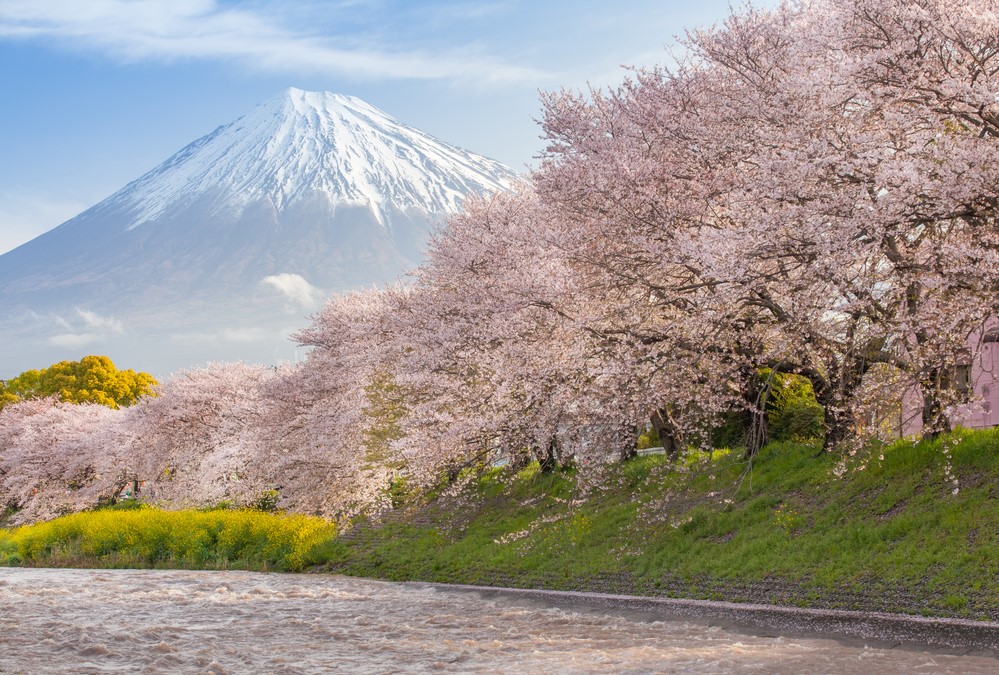Shaun McCarthy reflects on a visit to Tokyo. The first major sporting event to declare alignment with ISO 20400
I am very grateful to my hosts at the Japan Renewable Energy Foundation for organising my recent trip to Japan so well and for their hospitality during my visit. I had a series of meetings with key players in the Tokyo 2020 Olympic programme including government ministers, senior officials and leaders of the Tokyo Organising Committee. I was also guest speaker and panellist at the International Conference they hosted in partnership with WWF.
So, what are the key sustainable procurement challenges for Tokyo 2020? Firstly, they have to do everything London did; zero waste to landfill, 100% FSC timber, no phthalates in tensile plastics, certified sustainable and locally sourced food, high levels of recycled content, the list goes on. Then they need to tackle the issues London 2012 did not do so well or where technology or public expectation will have changed by 2020.
Clean technology – Tokyo hosted the Olympics in 1964 and this heralded the arrival of Japan as a world power with amazing technology and manufacturing capability. There is an expectation that they can revive their stagnant economy through hosting the 2020 Games. For me this is a massive opportunity to showcase clean technology but they need to move fast, the Games are only 5 years away. There are opportunities to develop alternatives to diesel for temporary generation, introduce electric vehicles on a grand scale and to engage the workforce and the public in energy conservation through use of technology. London 2012 deployed over 600 diesel generators which used a massive 4 million litres of fuel during the Games. A car fleet of 4,000 vehicles was used, if these are to be electric there is both a challenge and a legacy opportunity to deliver charging infrastructure.
Human rights – London 2012 did a lot to try to ensure protection of human rights, both within the workforce and in the wider supply chain. Whilst there were no recorded incidents of human rights abuses on the site, the wider supply chain did not fare so well. Undercover workers placed in factories making London 2012 merchandise provided compelling evidence that the measures put in place were not effective in managing workers’ rights throughout the supply chain. At the time I maintained that this issue is unlikely to be solved by one host city and that the IOC has a responsibility to work with manufacturers, workers and human rights groups to develop long term relationships with suppliers. This advice has fallen on deaf ears.
Stakeholder management – As soon as the party in Rio is over (it will be a great party, even if the venues are not quite ready), the world’s attention will turn to Tokyo. There will be scrutiny from every organisation wishing to shine a light on their cause; from those who object to Japan’s whaling policy to organisations with a grudge about specific sponsors and local organisations representing issues closer to home. There has already been controversy about plans to demolish the old Olympic Stadium and to replace it with a new Zaha Hadid, state of the art facility. You ain’t seen nothing yet!
There were commitments in the bid to deliver a sustainability plan and to appoint an independent advisory board for sustainability, as far as I can see neither of these things has been done. Japan is one of the richest and most technologically advanced nations in the world, they have an opportunity to take London’s crown for delivering the most sustainable Games ever. I hope they do but they must act now.






